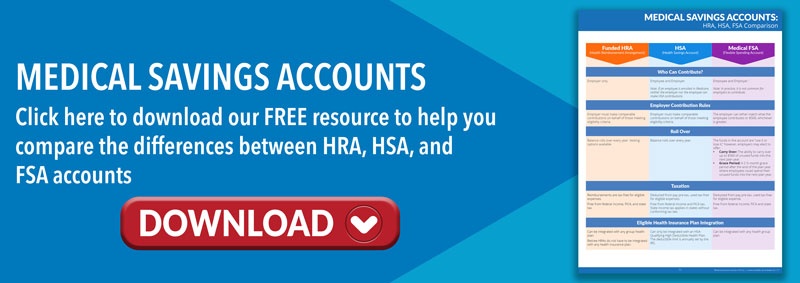4 minute read
Retirement is a significant milestone for employees. But many employees have fallen behind in their retirement goals due to cost-of-living increases, student debt, and low salaries. Also, some employees are delaying saving for retirement to focus on their current financial needs and expenses, believing that they will catch up later.
Employers are uniquely positioned to create a culture of retirement preparedness and are implementing strategies to help keep employees on track with their retirement savings.
Struggling to Save for Retirement
Retirement has changed over the past few decades. Workers had been able to rely on their employer to provide them with income as they aged, but now they must leverage their personal savings and other benefits, such as Social Security, to retire.
According to a 2023 employee financial wellness report, 57% of employees say finances are the leading cause of stress in their lives. Current economic conditions are also creating barriers to employee retirement savings. Employees are having difficulty setting aside funds for retirement due to record high inflation, rising interest rates, and layoffs. Also, Americans are now living longer. This means that retirement funds must stretch further than in the past.
Helping Employees Prepare for Retirement
A recent survey found that 40% of respondents said it will “take a miracle” for them to retire securely. However, there are several strategies employers can use to help their employees prioritize and prepare for retirement.
Educate Employees
Employees can be educated on topics like budgeting and emergency savings accounts to help them save for retirement. Providing education can help employees understand how prepared they are to retire and motivate them to make any necessary changes.
Student Loan Contributions
The SECURE 2.0 Act is a federal law designed to encourage employers to offer retirement plan benefits. This allows individuals struggling with student loan debt to contribute to retirement savings. Starting in 2024, the law will allow employers to contribute to an employee's retirement savings to match the individual's payment on a qualified student loan.
Financial Support and Assistance
Some employers provide employees with access to financial experts and advisers. Employees can gain insights and how prepared they are for retirement as well as receive strategies on how to help them accumulate retirement savings.
Employees Catch-up
Employers can educate employees on retirement savings catch-up opportunities and encourage them to take advantage of them. Individuals aged 50 and older can make additional catch-up contributions to their retirement accounts. Under SECURE 2.0, some individuals can make a catch-up contribution with after-tax dollars. Also, employers can show employees how contributing a higher percentage of their salary to a retirement plan can help them meet their financial goals.
Starting in 2025, under the SECURE 2.0 Act, employers will be required to enroll new employees automatically into retirement plans unless they choose to opt out. This will ensure that employees don't miss out on critical benefits and are preparing for retirement.
Flexible Retirement Options
Employees can tailor their retirement savings to their goals and lifestyles when they are offered flexible retirement options. This may include target date funds, non-qualified deferred compensation plans, and investments. Some employers have created retirement funds that automatically increase employee contributions over time to help them meet their savings goals.
Employee Communications
Providing employees with regular communications regarding their retirement benefits and options can encourage them to participate in retirement benefits.
Voluntary Benefits
Sometimes employees do not contribute to their retirement programs because they must focus their finances elsewhere. Providing employees with voluntary benefits that address their needs can empower employees to contribute to their retirement savings.
Profit Sharing or Bonuses
Some employers may offer profit sharing plans which allow employees to earn a bonus which is automatically contributed into their retirement savings plan when the organizations financial targets and goals are met. This can help employees save for retirement as well as an incentive for them to work hard to achieve the employer's goals.
Employer Takeaway
Employers can create a positive impact on the lives of their employees by taking proactive steps to assist them in preparing for retirement. Empowering retirement readiness can not only help employers improve their attraction and retention efforts, but also demonstrate their commitment to their employee’s well-being and improve their bottom lines. Download the bulletin for more details.

